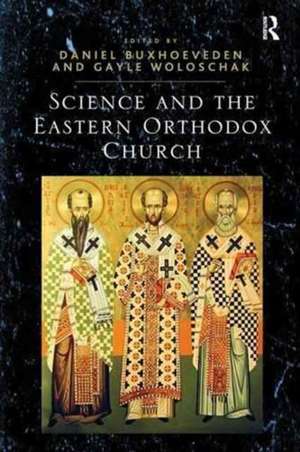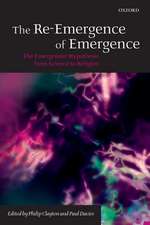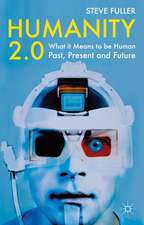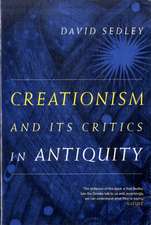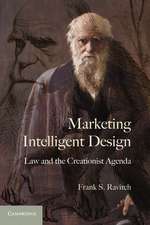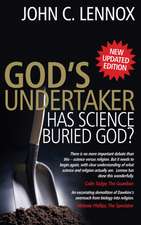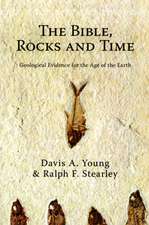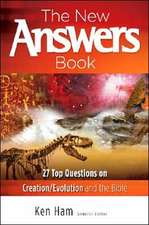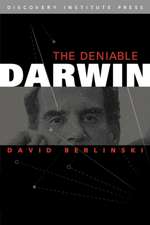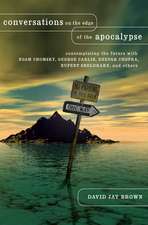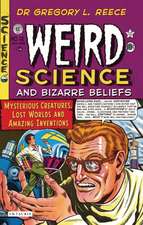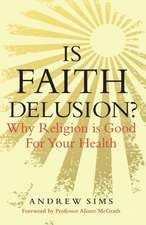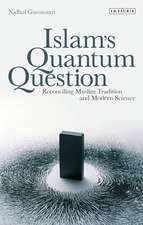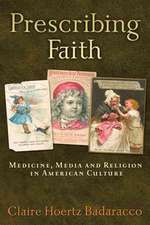Science and the Eastern Orthodox Church
Editat de Daniel Buxhoeveden, Gayle Woloschaken Limba Engleză Paperback – 28 noi 2016
| Toate formatele și edițiile | Preț | Express |
|---|---|---|
| Paperback (1) | 489.26 lei 6-8 săpt. | |
| Taylor & Francis – 28 noi 2016 | 489.26 lei 6-8 săpt. | |
| Hardback (1) | 1113.12 lei 6-8 săpt. | |
| Taylor & Francis – 13 oct 2011 | 1113.12 lei 6-8 săpt. |
Preț: 489.26 lei
Nou
Puncte Express: 734
Preț estimativ în valută:
93.62€ • 97.75$ • 77.48£
93.62€ • 97.75$ • 77.48£
Carte tipărită la comandă
Livrare economică 04-18 aprilie
Preluare comenzi: 021 569.72.76
Specificații
ISBN-13: 9781138278660
ISBN-10: 1138278661
Pagini: 232
Dimensiuni: 156 x 234 x 19 mm
Greutate: 0.45 kg
Ediția:1
Editura: Taylor & Francis
Colecția Routledge
Locul publicării:Oxford, United Kingdom
ISBN-10: 1138278661
Pagini: 232
Dimensiuni: 156 x 234 x 19 mm
Greutate: 0.45 kg
Ediția:1
Editura: Taylor & Francis
Colecția Routledge
Locul publicării:Oxford, United Kingdom
Notă biografică
Daniel Buxhoeveden is Director of religion and science Initiative at USC. He is the recipient of two grants on Orthodoxy and Science, multiple federal and private grants on neuroscience or evolution, and author on thirty scientific papers and book chapters in neuroscience and evolution. He teaches honors classes on religion and science. Gayle E. Woloschak, Professor in the Department of Radiation Oncology, is the author of over 130 scientific papers, co-editor of 1 scientific book and the author of 3 books on religion.
Recenzii
'This is a much needed contribution from a new voice to the current debates over questions of science and religion. The Orthodox Christian Tradition presented here shows that the conversation between theology and science began well before the modern era and took place in an openness that may shock those accustomed to the black and white thinking that often characterizes today's debate. That openness is reflected as scientists and theologians, representing the best in their respective fields, engage the other. Religious people will encounter a Christian Tradition that engages scientific inquiry seriously and allows for its findings to deepen their Faith. Scientists will encounter a religious tradition that values inquiry while opening horizons about the mystery and wonder of our created world.' Anton C. Vrame, Holy Cross Greek Orthodox School of Theology, USA
Cuprins
Preface; Part 1 Science and Orthodox Christianity: Compatibility and Balance; Chapter 1 Living with Science: Orthodox Elders and Saints of the Twentieth Century, Daniel Buxhoeveden; Chapter 2 Science and the Cappadocians: Orthodoxy and Science in the Fourth Century, Valerie Karras; Chapter 3 Divine Action and the Laws of Nature: An Orthodox Perspective on Miracles, Christopher Knight; Chapter 4 Ecology, Evolution, and Bulgakov, Gayle Woloschak; Part 2 Science and Orthodox Christianity: Limitations and Problems; Chapter 5 Science and Reductionism, Thomas Mether; Chapter 6 Limitations of Scientific Knowledge and Orthodox Religious Experience, Daniel Buxhoeveden; Chapter 7 Discerning the Spirit in Creation: Orthodox Christianity and Environmental Science, Bruce Foltz; Chapter 8 OrthodoxScience and Orthodoxy Christianity: Selected Topics; Chapter 9 The Broad Science—Religion Dialogue: Maximus, Augustine, and Others, Gayle Woloschak; Chapter 10 Technology: Life and Death, Gayle Woloschak; Chapter 11 Apophaticism and Political Economy, C. Clark Carlton; Chapter 12 Toward an Orthodox Philosophy of Science, Thomas Mether; conclusion Concluding Remarks;
Descriere
Science and the Eastern Orthodox Church explores core theological and philosophical notions and contentious topics such as evolution from the vantage point of science, Orthodox theology, and the writings of popular recent Orthodox critics as well as supporters. Examining what science is and why Eastern Orthodox Christians should be concerned about the topic, contributors analyze the historical contingencies that contribute to the relationship of the Orthodox Church and science both in the past and present. Drawing together leading Orthodox scientists, theologians, and historians confronting some of the critical issues and uses of modern science, this book will be useful for students, academics and clergy who want to develop a greater understanding of how to relate Orthodoxy to science.
